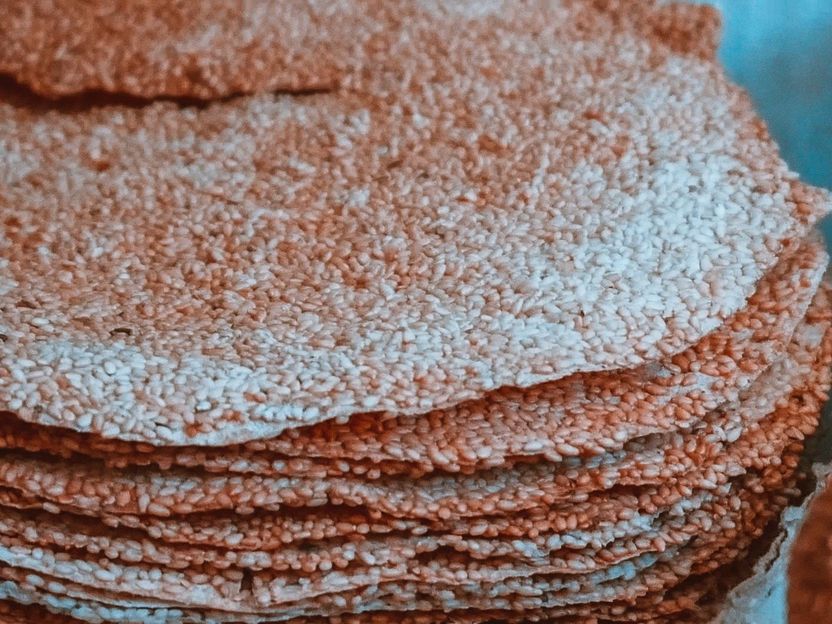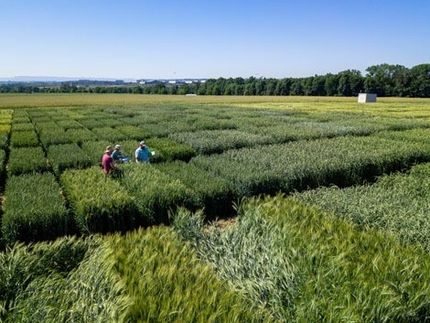Researchers find evidence of world's earliest bread in Jordan
Whether it's a pitta, a French baguette or a slice of Irish sourdough, bread has a long-established place in food cultures around the world. And now, researchers have found evidence that bread could be even older than previously thought.

Photo by Josh Appel on Unsplash
At an archaeological site in north-eastern Jordan, archaeologists have discovered the charred remains of a flatbread baked by hunter-gatherers 14,400 years ago.
The team of researchers from the universities of Copenhagen, London and Cambridge published their findings in the journal Proceedings of the National Academy of Sciences on Monday.
The team examined 24 charred remains of food from former fireplaces. The analysis showed that hunter-gatherers from the Natufian people had used wild ancestors of domesticated cereals such as barley, einkorn and oats to produce unleavened flatbreads.
University of Copenhagen archaeologist Tobias Richter, who led the excavations in Jordan, described the findings as the "earliest evidence of bread making recovered so far." The cultivation of cereals was not common at the time, so the bread was probably still an exception, the researchers said.
"The remains are very similar to unleavened flatbreads identified at several Neolithic and Roman sites in Europe and Turkey. So we now know that bread-like products were produced long before the development of farming," said University of Copenhagen archaeobotanist Amaia Arranz Otaegui, the lead author of the study.
"The next step is to evaluate if the production and consumption of bread influenced the emergence of plant cultivation and domestication at all." (dpa)
Most read news
Other news from the department business & finance

Get the food & beverage industry in your inbox
By submitting this form you agree that LUMITOS AG will send you the newsletter(s) selected above by email. Your data will not be passed on to third parties. Your data will be stored and processed in accordance with our data protection regulations. LUMITOS may contact you by email for the purpose of advertising or market and opinion surveys. You can revoke your consent at any time without giving reasons to LUMITOS AG, Ernst-Augustin-Str. 2, 12489 Berlin, Germany or by e-mail at revoke@lumitos.com with effect for the future. In addition, each email contains a link to unsubscribe from the corresponding newsletter.





























































